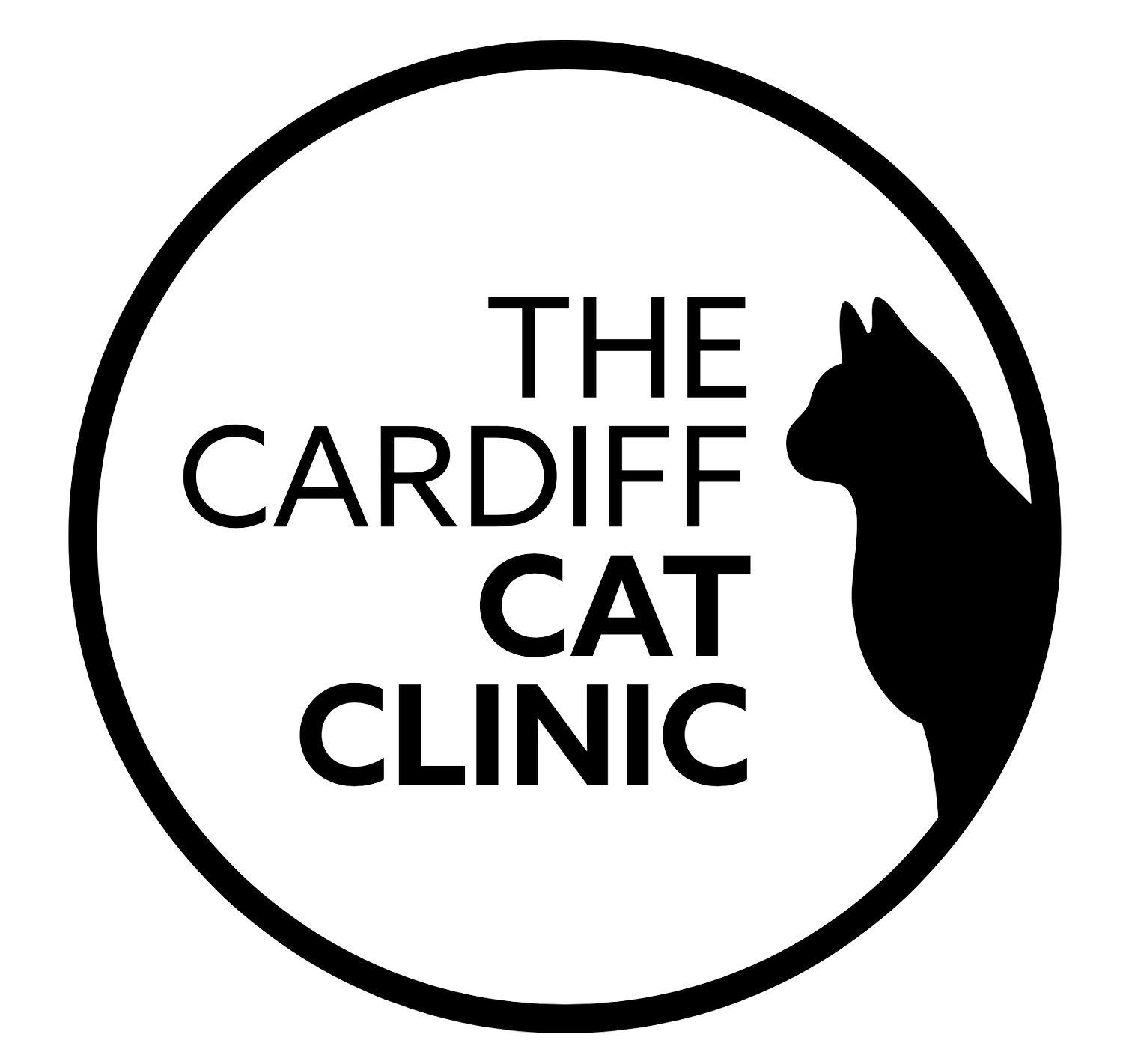Information for referring surgeons
The treatment involves the administration of a subcutaneous dose of radioactive iodine isotope (I131.) Following the injection, cats are moved into an isolation ward where they are housed until it is safe for them to return home. The isolation time varies according to the dose of I131, but it is typically 12-14 days. All cats are checked for residual thyroid radioactivity to ensure that it is safe for them to be discharged. During the isolation period, cats are monitored, fed and cleaned twice daily by veterinary stand. Contact with the cats is avoided due to health and safety reasons and radiation exposure hazards.
The referral process
Please send the cat’s history and client contact details by email to Michael Edwards or Dr. Lois Wilkie at llanishen.cat.clinic@medivet.co.uk
We will then contact you and your client to discuss the process
Clients should be asked to contact their insurers to give consent for us to confirm pre-authorisation of their claim where appropriate
We will then arrange an appointment for pre-treatment assessment. If you have not done do, this will include:
Clinical examination
Blood pressure measurement
Haematology
Serum biochemistry
Urinalysis
Echocardiography
Which cats aren’t suitable for treatment?
Thyroid carcinoma. Although thyroid carcinoma can be treated with radioactive iodine, the doses of radioactivity required are greater than those that we have authorisation to hold, so we are unable currently to offer treatment to these cats.
Cats with significant concurrent medical problems requiring prolonged daily contact. Medications can be put in the cats food, but the cats cannot be given tablets directly.
Prior to referral we require:
Cats need to be confirmed as hyperthyroid on the basis of a Toal thyroxine (tT4) concentration above the laboratory reference range. We will treat cats with high to normal total Thyroxine (tT4) measurements where hyperthyroidism has been condemned by free T4 assuming compatible clinical signs are present.
In most cases we recommend discontinuing anti-thyroid medication 7-10 days prior to treatment and to stop feeding Hills y/d 2 weeks prior to treatment.
Assessment of renal function based on serum urea and creatinine (+/- SDMA) when euthyroid no later than 4 weeks prior to radioiodine treatment. Approximately 50% of hyperthyroid cats become azotaemic irrespective of treatment method so true renal function can only be evaluated once GFR reduces with normalisation of T4 levels.
Euthyroid cats with normal creatinine and urine SG>1.040 are ideal candidates for radioiodine treatment.
Cats that are azotaemic at diagnosis or cats whose owners feel that any development of azotaemia should be avoided where possible do still benefit from a therapeutic trial of anti-thyroid medication to assess the renal response to reversible treatment before radioactive iodine treatment is considered.
Cats need to have been vaccinated for flu and enteritis within the last year and have received routine flea and worm treatment.
We recommend that patients are starved prior to the appointment in anticipation of desertion prior to the rvadioidodine injection
Should sedation be required we advise 100mg gabapentin given 60-90 minutes prior to travel.
All cats treated with radioactive iodine will stay for a minimum of 12 days following the injection. They can then be discharged assuming a number of conditions at home can be met for a furnisher 14 days:
Cats should be confined indoors, without access to occupied bedrooms.
Disposable gloves should be worn when emptying the litter tray
Owners must restrict close contact to less than 10 minutes for 4 weeks after returning home.
Owners should ensure that any children in the household will remain at a safe distance from the cat and its litter box.
No-one in the house who is pregnant, or trying to become pregnant should come into contact with the cat.
There is a secure outside storage area (garage, shed) where double bagged soiled litter can be stored for one month before being put out for collection. If this is not possible, special litter can be purchased that can be flushed down the toilet.
The follow-up
We usually ask for the cat to be reassessed at your clinic 1, 3, and 6 months after discharge specifically to check:
General physical examination
T4 +/- TSH
Renal biochemistry
Urinalysis
Blood pressure
The main purpose of this check is to determine where the T4 level has dropped to (many will be transiently hypothyroid and some cats will have a delayed response to radioiodine,) to check for unmasking of chronic kidney disease of development of hypertension. The cost of these tests is not included in the treatment. Should T4 be elevated 6 months post treatment a second treatment will be required. There will be no charge for this. Iatrogenic hypothyroidism, although uncommon, may occur following radioiodine treatment. If low T4 is present 6 months after treatment supplementation with levothyroxine (0.07 mg/kg BID) is required long term. Should azotaemia be present in association with low T4 even before 6 months levothyroxine supplementation is recommended.



